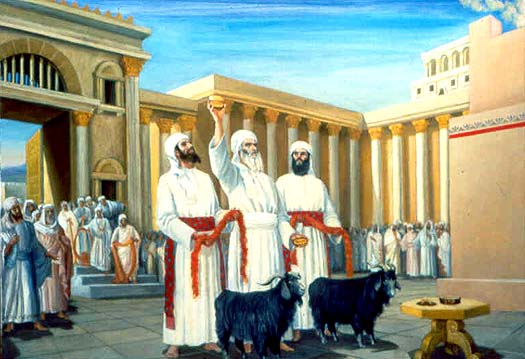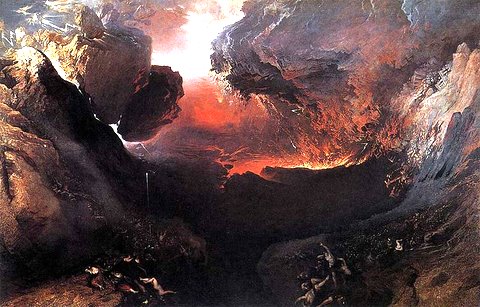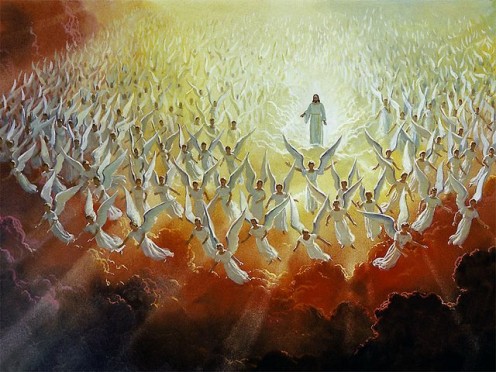I was in the Spirit on the Lord’s day, and I heard behind me a loud voice like a trumpet Rev. 1:10
 The first commentary I ever read on The Revelation, went to great lengths to explain that, “The Lord’s Day” was Sunday the first day of the week. The second commentary I read went to equally great lengths to explain that it was the seventh day of the week or the Sabbath.
The first commentary I ever read on The Revelation, went to great lengths to explain that, “The Lord’s Day” was Sunday the first day of the week. The second commentary I read went to equally great lengths to explain that it was the seventh day of the week or the Sabbath.
After many years of study it has occurred to me that these attitudes are born on both sides of anti-Jewish sentiment, and general ignorance of the Torah. For the rather obvious truth is that it is Yom Kippur/The Day of Atonement, which can fall on any day of the week. The reasons for this are plain as day.
First, the Lord presents Himself as the Ancient of Days with the right and power to judge. [Dan. 7:9; Rev. 1:14]
Second, the seven church’s for whom the letter was intended are warned of their short comings. [Rev 2-3]
Third, There are 24 elders all dressed as High Priests on Yom Kippur. They are wearing white and have golden crown and golden censors. [Lev. 8:9; Lev. 16:4, 12 Rev. 4:4; Rev. 5:8]
The rest of the book is about God’s judgements, on those who are written in the Lamb’s Book of Life and those who is not. [Deut. 29:20; Dan. 12:1; Rev. 20:15; 21:27]
The entire book is one great call to get right with God for today is the day of salvation, today is Yom Kippur/the Day or Atonement. Its point is, that it is always Yom Kippur before the throne. The final sacrifice has been made. The way to the throne is open to all on this day, and it is always this day before the throne.
However at the end of the day, the offer of Salvation will be withdrawn, the gates will be closed, and there will be those left outside. [Rev. 22:15]




